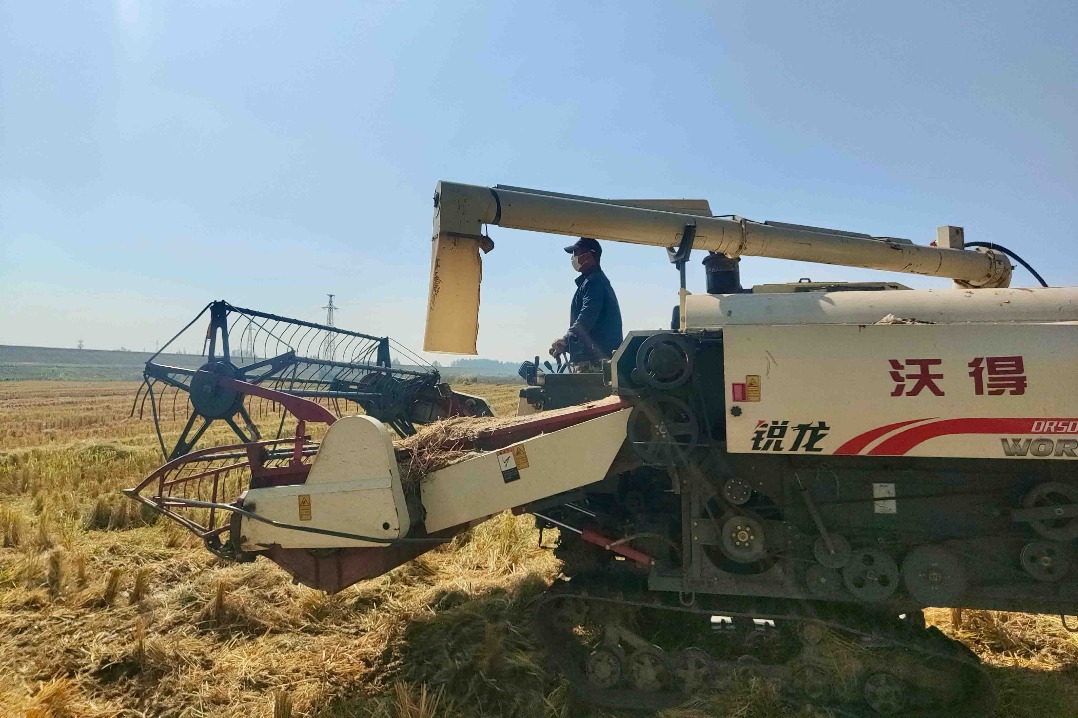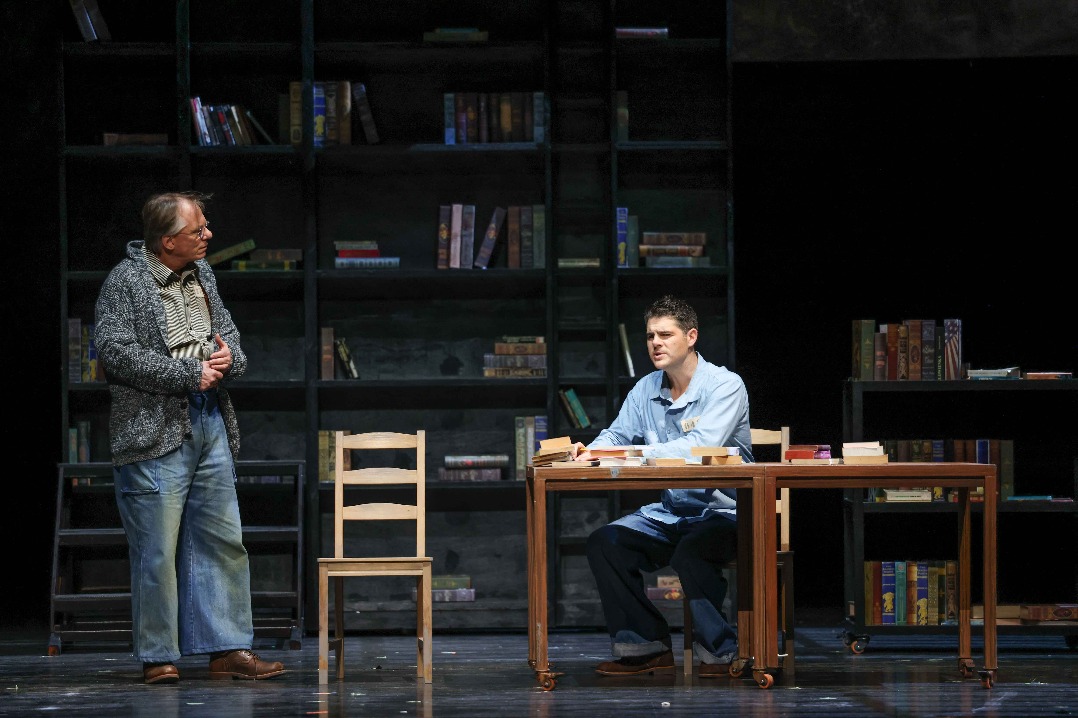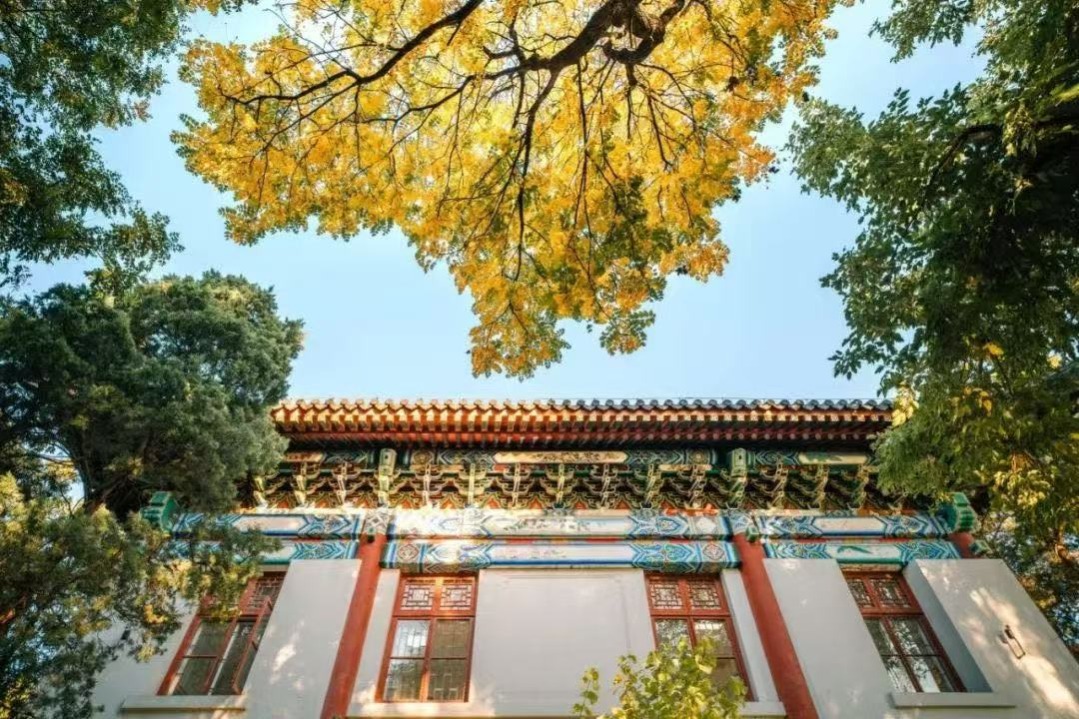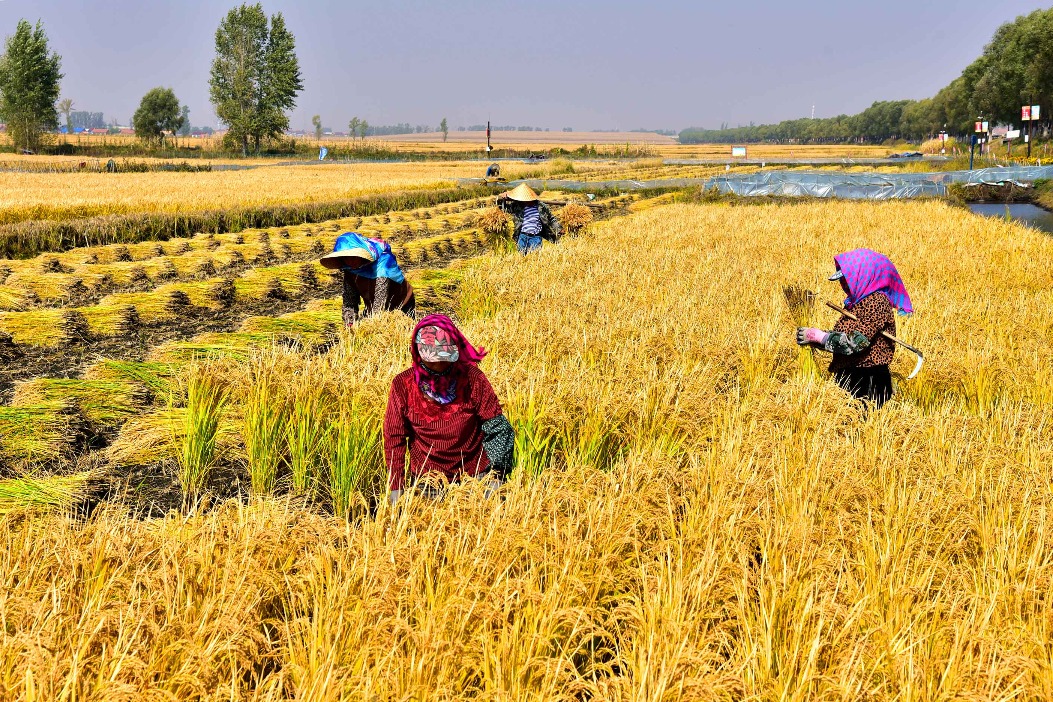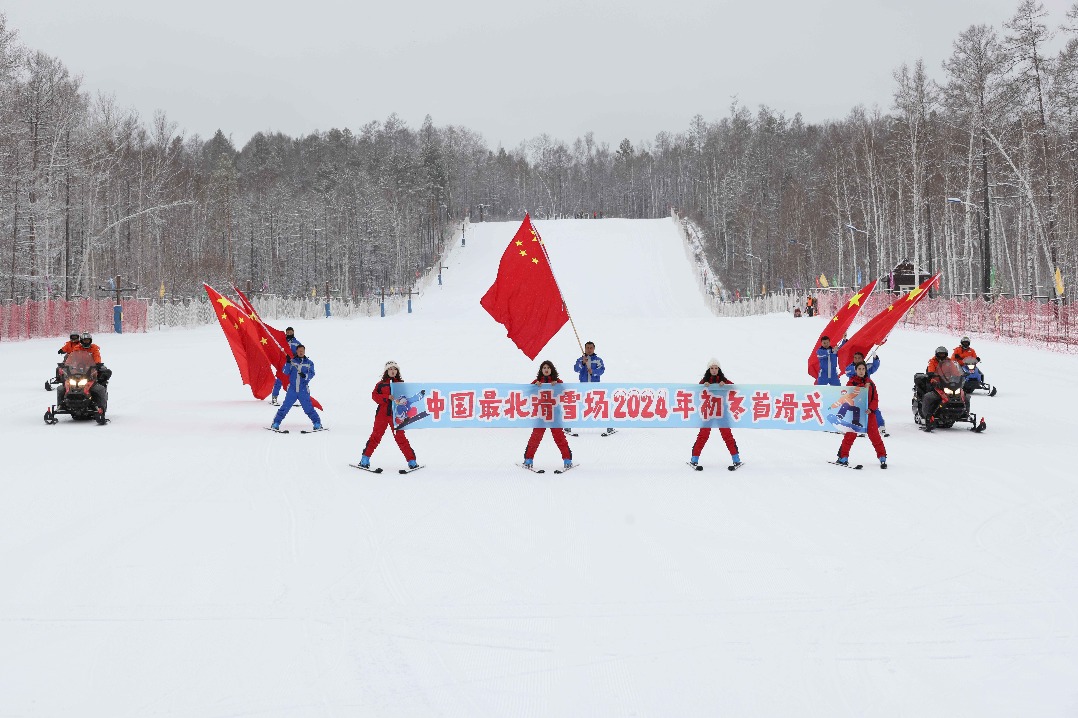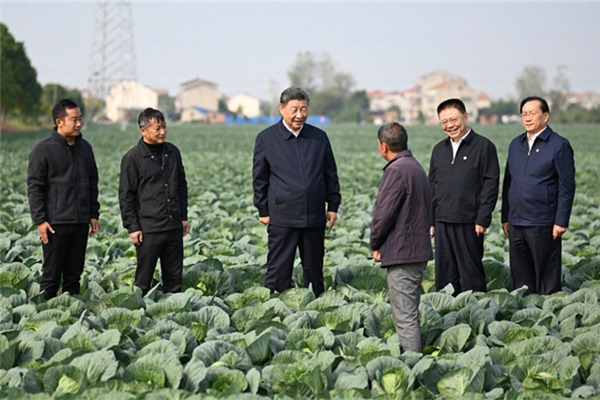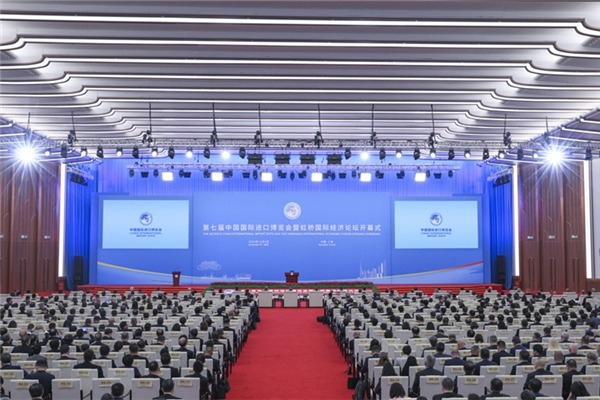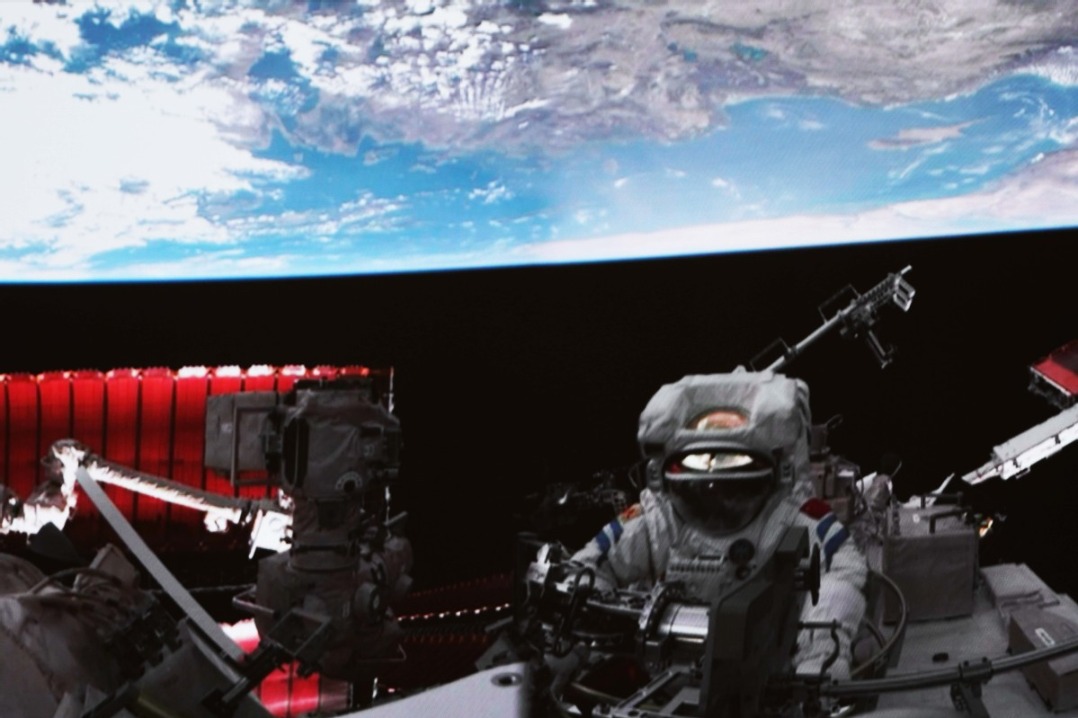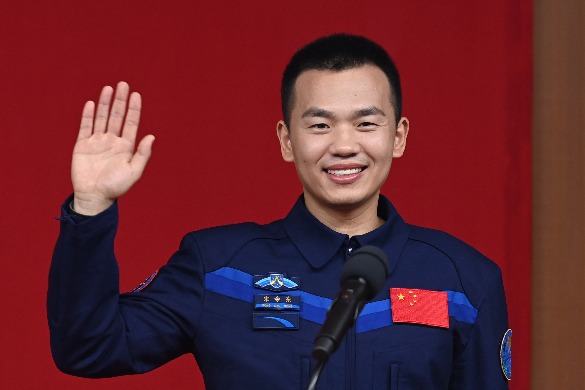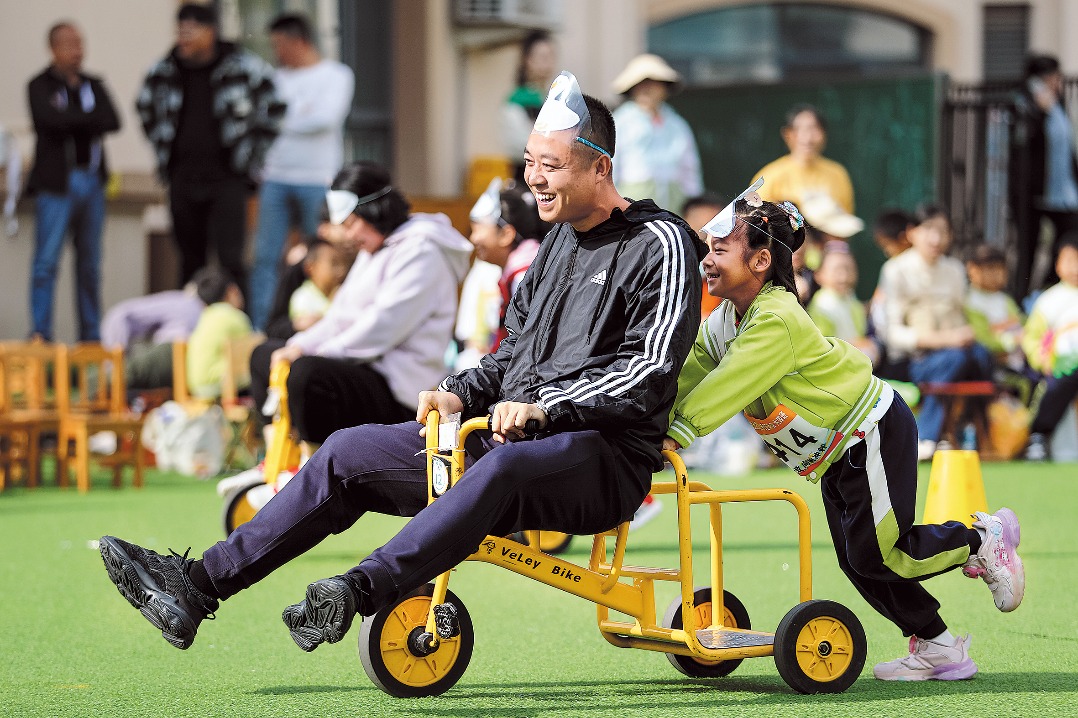Arts, tech at the heart of society's progress
Promoting innovation and knowledge integration through interdisciplinary development is an ace up the sleeve for the community in the artificial intelligence era, says HKBU President Alexander Wai Ping-kong. Fang Xue reports in Hong Kong.

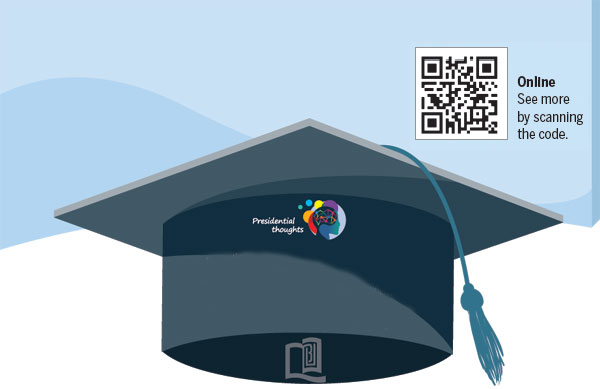
Editor's note: Education is playing a key role in nurturing talent, fostering intellectual discourse, and driving progress in the Guangdong-Hong Kong-Macao Greater Bay Area. China Daily will present a series of interviews with university heads in the region on their perspectives, wisdom, and vision for future education development.
Amid the challenges posed by a raft of technological advances, interdisciplinary development is the best way for Hong Kong Baptist University to maximize its strengths and stand out, says Alexander Wai Ping-kong - the university's sixth president.
Under his leadership since 2021, the institution has undergone profound change in the past three years, breaking down the barriers among disciplines and promoting knowledge integration and innovation.
Hong Kong's education system starts differentiating between liberal arts and sciences in secondary school, says Wai. So, most people still think that issues concerning the two subjects should be considered separately. But this might restrict students' thinking, make them overly fixated on their specialized knowledge domain and, inadvertently, neglect the possibilities in other areas.
Wai, who majored in physics, has been engaged in research on optical fiber communications for decades, having achieved outstanding academic research and patent results. During his quarter of a century with the Hong Kong Polytechnic University, he collaborated with world-renowned partners on high-speed rail projects, lunar space exploration and important scientific research projects.
HKBU, which became a fully funded public tertiary institution in 1983, has made significant progress in four key areas under its Institutional Strategic Plan 2018-28 - creative media and practice, health and drug discovery, data analytics and artificial intelligence, and humanities and culture.
According to Wai, the university's direction of interdisciplinary development is to apply data analytics and artificial intelligence subjects to the other three key fields. It's also promoting new directions for integrated development, such as arts and technology, and technology and digitalization in Chinese medicine.
To promote interdisciplinary development, HKBU merged the Faculty of Arts and the Faculty of Social Sciences - both with a history of more than 50 years - on July 1. Twelve of their departments were grouped into four academies under the new faculty.
In January, the university established the Life Science Imaging Centre, which is equipped with a 3T magnetic resonance imaging scanner, electroencephalogram, and other advanced brain imaging facilities. Teachers and students in liberal arts-related majors, such as business, media and arts, are encouraged to use these scientific devices.
While these devices may not represent the most advanced technology in engineering or medical research in the scientific field, they can help business or arts students in innovative research in the humanities from diverse perspectives and modes of thinking, says Wai.
For example, in management research at business schools, the MRI scanner can be used to explore human brain activity in decision-making and assist in identifying the thinking patterns of advantageous learning. Other devices are also being used for research on association of the human gut microbiome with food preferences and consumption and brain activity, as well as collaborative inter-brain behaviors in music ensemble.
Arts-tech integration
Arts-tech combination is another important area that the HKBU head has been promoting. In his opinion, arts professionals should no longer think they can't handle technological issues, or separate arts from technology.
Arts and technology have always been closely related. For instance, painting involves chemical knowledge, music is produced by resonant physical phenomena, and filming itself is a technology- intensive art. The progress of technology has profoundly promoted the development of arts and the humanities.
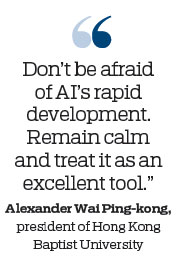
Modern science and technology, such as artificial intelligence and big data, have now been integrated into arts, culture, creative media, and art education on a large scale, becoming an important tool in supporting the development of arts and being a part of artistic innovation. The combination of arts and technology has given birth to innovative forms of technological art, such as digital art, immersive art installations, and interactive performances.
Therefore, the education of artistic talents in the new era shouldn't be limited to artistic skills. It should encompass the mastery of the latest scientific knowledge, says Wai.
When technology promotes the development of the arts, the latter adds vibrancy to technological advancement and drives innovation. When applying AI technology to artistic creations, new domains of AI may be uncovered which, in turn, propel further technological progress.
Some arts-tech projects being promoted by HKBU have achieved remarkable results. The university obtained HK$53 million ($6.8 million) in funding from the Research Grants Council in 2021 to conduct a five-year project, which aims to build an innovative platform for boosting human-machine collaboration in artistic creation. It's the first time the council has provided funding of this scale for an arts-tech project.
A year later, the university presented the world's first human-machine collaborative performance involving an AI virtual choir, virtual dancers and media artistes. It also established Turing AI Orchestra - the world's first AI ensemble to explore greater possibilities in human-machine art co-creation.
In 2022, an advanced arts-tech project led by HKBU secured HK$35.4 million in funding from the Innovation and Technology Commission - the largest amount the commission had approved for an arts-tech project.
In this project, the university proposed developing a "Future Cinema System" that would allow users to virtually experience history, culture and entertainment in immersive cinematic environments. The project's research outcome will be shown at Hong Kong International Airport, M+ museum and Tai Kwun - Hong Kong's cultural heart in Central.
Modernizing TCM
Wai is spearheading HKBU's efforts to advance trans-disciplinary research on the intersection of technology, digitalization, and traditional Chinese medicine. The goal is to leverage big data and AI in summarizing and championing the remarkable achievements of the Chinese people in the millennia-long development of traditional Chinese medicine.
Some TCM practitioners have applied fiber optic sensors in pulse diagnosis to increase accuracy and utilize telecommunication technology for remote diagnosis. Combined with big data analytics, TCM is becoming more modernized.
Wai's goal is to create a medical school that will integrate the teachings of TCM and Western medicine and promote collaboration and synergy between the two disciplines. The school might be located in mainland cities in the Guangdong-Hong Kong-Macao Greater Bay Area as they can offer ample space and abundant resources.
On the technological explosion brought by AI, Wai says he's optimistic about the advantages technological advances will bring to society.
"I've also experienced the era when the emergence of computer software caused panic among people. The widespread adoption of office software led to many typists losing their jobs. On the other hand, it has created more new positions for humans in related fields."
Wai's advice is: Don't be afraid of AI's rapid development. Remain calm and treat it as an excellent tool.
His experience has taught him that technological progress primarily replaces labor-intensive roles, and he believes that unique creativity and thinking are human beings' most valuable assets. By harnessing creativity to leverage AI as a tool, significant advancements can be made in technology and productivity.
In his role as HKBU's chief, Wai calls himself an "open scholar" with a strong interest and desire to explore new things. Such characteristics have made him an active advocate for higher education that encompasses both humanities and the sciences.
He hopes students can adopt an open mindset and actively explore the rapidly evolving society driven by technological change.
Contact the writer at fangxue@chinadailyhk.com
- Former VP of China Development Bank receives 15-year sentence for bribery
- Chinese lawmakers meet to hear reports
- Hehe Culture forum celebrates harmony in global civilization progress
- China's prosecutors boost oversight of administrative verdicts to ensure justice
- China releases ecosystem restoration guides to boost coastal disaster resilience
- Chinese courts strengthen role in IP, environmental cases to boost innovation
















